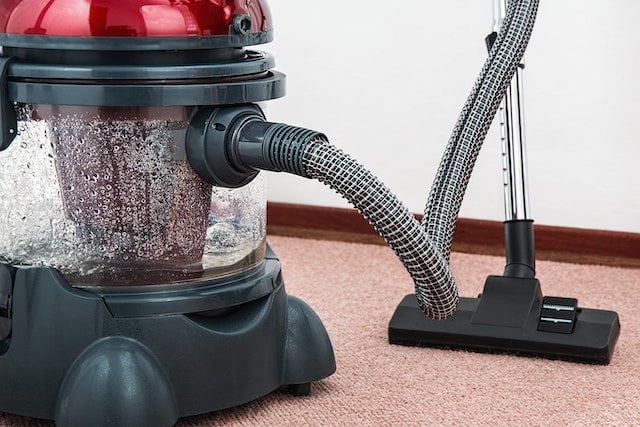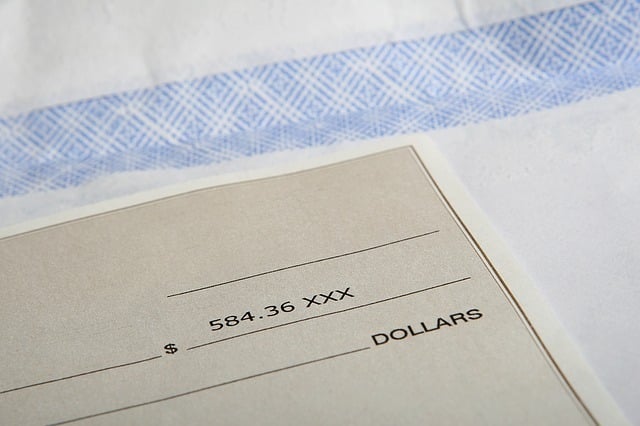Listen to the article
What is Considered “Normal Wear and Tear” vs. Tenant Damage?
Published August 5, 2019
Updated November 14, 2024
When operating rental properties, it's crucial to understand "normal wear and tear" vs. "tenant property damage" when evaluating a rental after a renter moves out.
Landlords are responsible for the repairs, maintenance, or upgrades from normal wear and tear. However, tenant-caused damages fall on the renters to repair or replace. Additionally, when considering the return of a security deposit, anything beyond typical wear and tear could require you to hold on to that deposit.
In this blog, we’ll define normal wear and tear and discuss the differences between these types of damage to help you handle them properly for your Detroit investment properties!
Defining Normal Wear and Tear
In general, when using an object over time, it ages and shows signs of deterioration. This is considered "normal wear and tear." In the case of rental properties, this occurs when a tenant occupies the space and uses appliances, carpeting, window coverings, and other aspects of the home regularly.
For example, faded paint, minor scuff marks on walls, worn-out carpeting due to foot traffic, or aging appliances that have been through several tenants are considered normal wear and tear. Property owners are responsible for covering the costs of these repairs and replacements as they occur naturally over time.
Defining Tenant Damage
Tenant damage occurs when a renter, whether through negligence, misuse, or carelessness, causes harm to the property beyond normal wear and tear. Unlike natural aging or usage, this type of damage requires repairs or replacements that would not have been necessary under regular circumstances.
Examples of tenant damage include:
- Large holes or excessive marks on walls
- Broken doors or locks
- Carpet stains or burns
- Damaged or missing appliances due to tenant misuse
- Pet-related destruction, such as scratched floors or chewed-up trim
When damage results from tenant actions, landlords have the right to withhold part or all of the security deposit to cover repair costs.
Comparing Normal Wear and Tear vs. Tenant Damage
Understanding the differences between these two types of property conditions is essential for landlords when determining repair responsibilities. Below is a comparison:
| Normal Wear and Tear | Tenant Damage |
|
Faded or minorly scuffed paint |
Holes in walls or excessive deep scratches |
|
Worn-out carpeting due to foot traffic |
Stained or burned carpet from negligence |
|
Loose door hinges over time |
Broken doors from forceful impact |
|
Appliances naturally wearing out |
Appliances damaged due to misuse |
|
Light scratches on the floor |
Deep gouges or water damage from neglect |

What Is "Useful Life?"
When establishing the cost of the damage done to your property, it’s important to determine the average useful life of household items.
For example, a tenant damages your refrigerator and it needs to be replaced. The tenant must pay for that replacement. However, a full-price refund of the appliance may not be reasonable because most refrigerators have a life expectancy of only 10 years.
So, if the property's fridge was in use for five years before the tenant moved in, you have to deduct 50% of the original cost when determining the refund price.
Chances are, you would replace the fridge in the property when it's ten years old or sooner anyway. So, charging the tenant half of the replacement amount for the damage they caused is fair. It's crucial not to overcharge renters for repairs to avoid legal or tax issues later.
Document the Condition of Detroit Rental Properties
How can you keep an eye on wear and tear vs. tenant damage? Before a tenant moves in, document the condition of the property.
It’s crucial for landlords to have supporting evidence of the condition of their units so they won’t be burdened with replacement costs for issues caused by tenant behavior.
Additionally, disagreements about normal wear or tenant-caused damage can create lengthy and costly issues between landlords and tenants. To prevent this from occurring, Detroit rental property management experts recommend taking photos and videos of the property before the tenant moves in.
Document everything with a move-in checklist and make sure the tenant agrees with the starting condition of the property before moving in.

Review Landlord and Tenant Responsibilities
To help protect your property and prevent disagreements with renters, outline each party’s
responsibilities before they move into a property. Putting this down in writing as part of the lease and house rules helps serve as a reminder for property owners and tenants.
In general, tenants are responsible for:
-
Disposing of garbage from the home (taking out the trash)
-
Using facilities such as electrical, plumbing, and air conditioning properly
-
Taking care of the premises with no destruction, damage, or removal of anything without asking for the landlord’s permission
-
Ensuring that their guests don't cause damage in the rented space
-
Properly training and monitoring approved pets to avoid incidents of property damage
-
Reporting maintenance issues promptly
Likewise, landlords are responsible for:
-
Maintaining the condition of the property to be livable
-
Repairing the property quickly and fully
-
Getting the property ready for the next occupants by checking, repairing, and replacing parts that are affected by the normal wear and tear left by the previous tenants.
-
Respond promptly to maintenance requests or emergencies with appropriate repairs.
Spelling out the rules and responsibilities up front helps set expectations. This can reduce the potential for disagreements when something goes wrong in the property or a rule isn't followed.
Handling Property Damage
What happens when a tenant damages the rental property? Successful Detroit real estate investing strategies include an appropriate response, whether the damage was intentional or not.
Landlords can make deductions from the tenant’s security deposit according to the laws in Michigan. However, this is limited to tenant-caused damages made to the property and not normal wear and tear.

When reviewing damages caused by tenants, take pictures or videos as proof. Property owners should also list the cost of each repair to help determine the final deduction to the security deposit amount.
Then, keep the statement as a justification for withholding money from the security deposit in case tenants have questions.
Manage Property Wear and Damage With Osprey
The longer a tenant stays in your property, the more wear and tear can occur, even with an excellent tenant who takes good care of your property. It’s wise to budget repairs between tenants during the make-ready process.
One way to keep a consistent eye on your property and its condition is to conduct routine inspections. A seasoned Detroit property management company can handle these inspections, set expectations with tenants, and process wear and tear vs. tenant damage when a lease ends.
If you're struggling with property damage or keeping up with the wear on your properties, reach out to Own It Detroit! We help property owners handle tenants and keep properties in excellent condition to maximize their returns.








